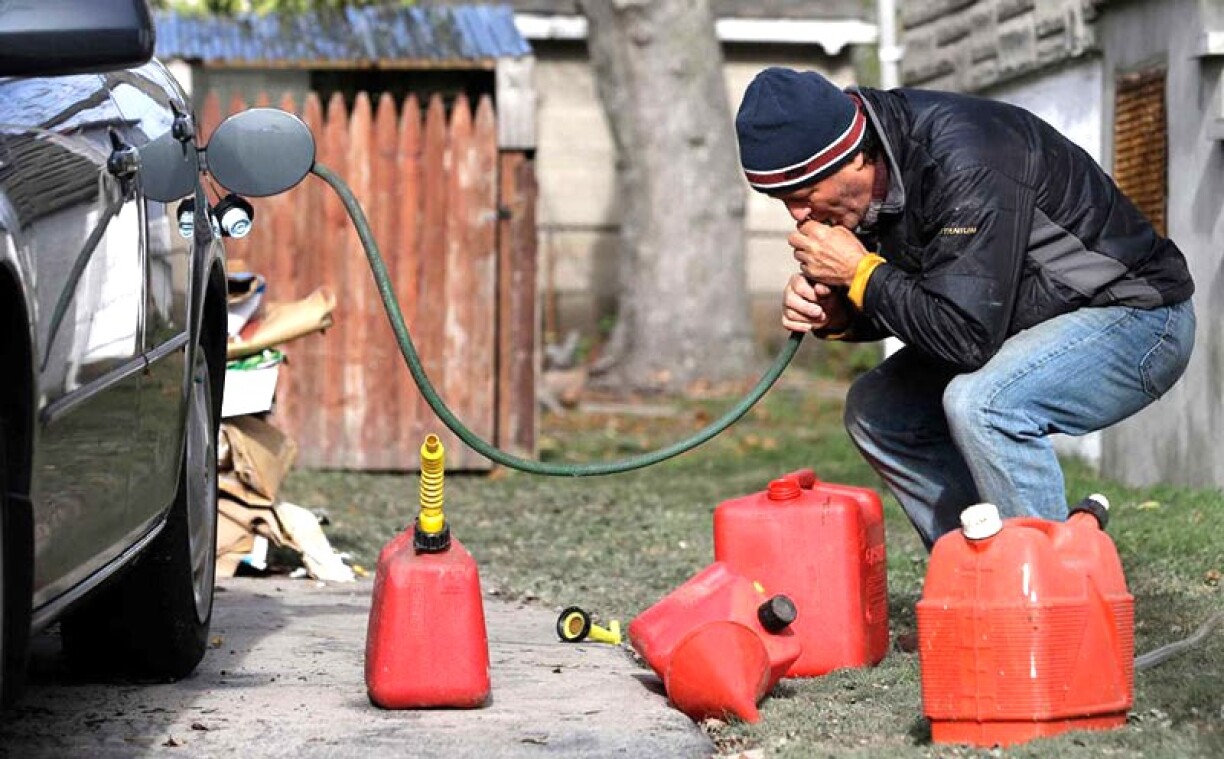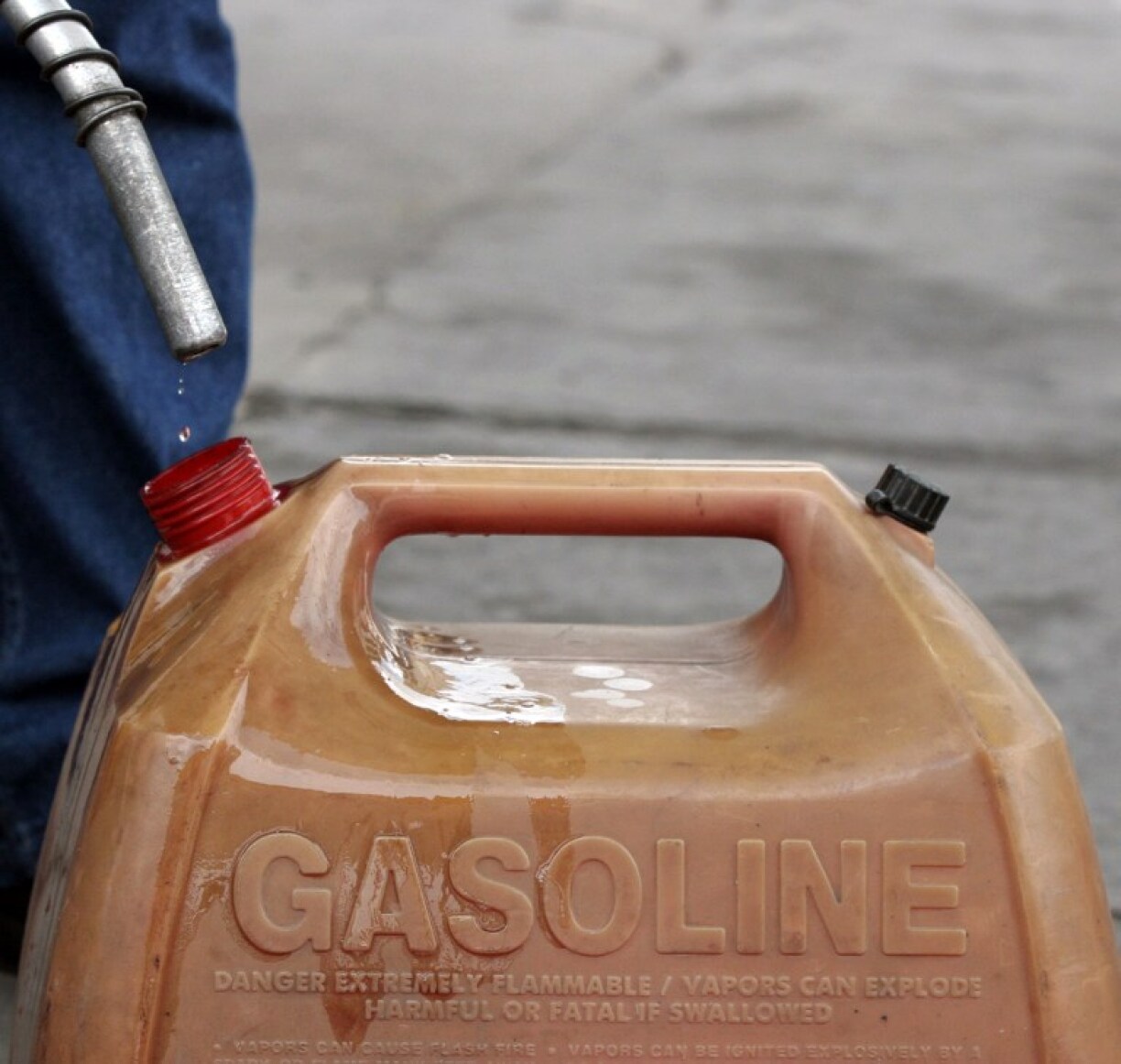
Siphoning is the practice of emptying a vehicle’s tank by sucking fuel with the mouth through a hose. The contents of the tank can then be transferred to a jerrycan to fill up another vehicle. It is a phenomenon that has multiplied in recent weeks: with parts of France being deprived of petrol and diesel, the number of poisonings linked to fuel siphoning have thus exploded.
The National Agency for Food, Environmental, and Occupational Health Safety (ANSES) has even released a statement to address the dangerous practice: “In October 2022, the poison control centres have recorded more than five times the number of poisonings caused by siphoning petroleum fuels.”
“By sucking on the hose, a small quantity of fuel can be ingested, which is enough to cause poisoning regardless of fuel type” further warns the ANSES.

According to the Agency, these poisonings mainly occurred between 9 and 18 October, which is the time period when close to a third of stations in France were suffering petrol shortages.
According to ANSES officials, cases were reported of fuel being siphoned from the tanks of road vehicles, agricultural machinery, and even gardening equipment such as lawnmowers.
The ANSES stresses that the ingestion of fuels can have serious consequences on the bronchi: “The appearance of fever or prolonged coughing a few hours after ingestion are first signs of a possible inhalation pneumopathy. Some patients presented respiratory problems requiring hospital admission and emergency room care.”
Poisoned people may also struggle from digestive issues, such as acid reflux, abdominal pain, nausea, and vomiting, but also neurological signs such as headaches, drowsiness, and dizziness. In view of the significant health risks, “the ANSES and the poison control centres strongly advise against siphoning fuel with the mouth.”
In case of fuel ingestion, it is recommended, for example, not to vomit, not to drink, and to rinse the mouth with water.